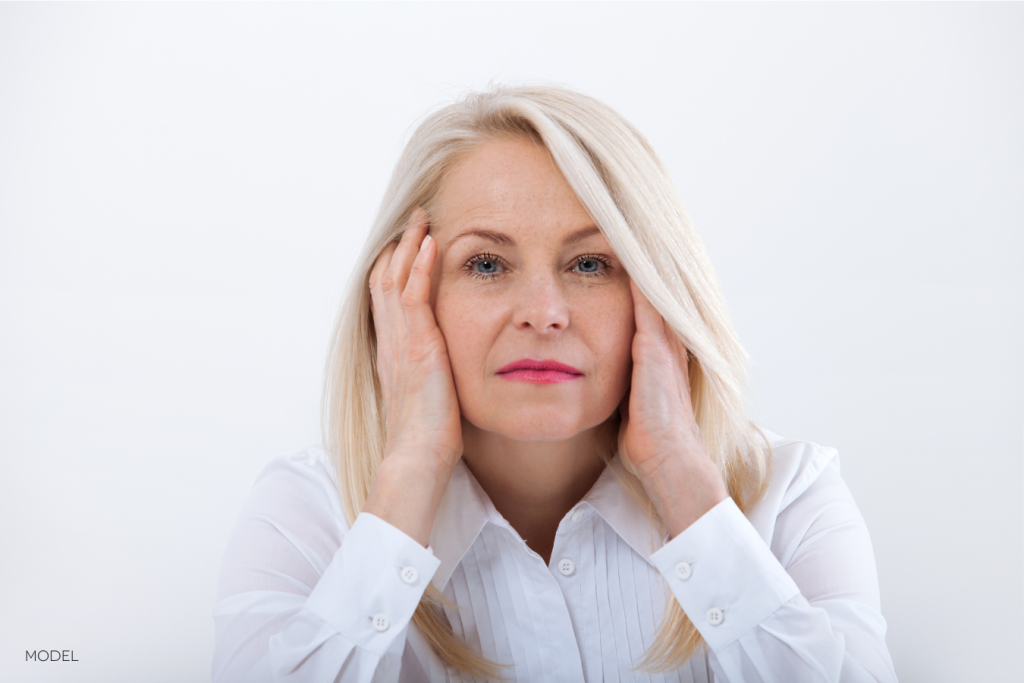Menopause marks a significant transition in a woman’s life. It typically occurs around the ages of 45 to 55, although the exact timing varies for each individual. As women approach this stage, they undergo hormonal shifts that lead to various physical and emotional changes. Understanding the symptoms of menopause is crucial for women to navigate this natural phase with knowledge and confidence.
Common Menopause Symptoms
- Hot Flashes: One of the most common symptoms of menopause is hot flashes. These sudden sensations of heat can cause flushing, sweating, and an increased heart rate. Hot flashes can occur during the day or at night, disrupting sleep patterns and causing discomfort. While the exact cause of hot flashes is not fully understood, hormonal fluctuations, particularly a decrease in estrogen levels, play a significant role.
- Night Sweats: Night sweats are closely related to hot flashes but specifically occur during sleep. Many women experience intense sweating during the night, which can disrupt their sleep quality and lead to fatigue during the day. Night sweats often contribute to mood swings and irritability, as they interfere with the body’s natural sleep cycle.
- Irregular Periods: As menopause approaches, women may experience changes in their menstrual cycles. Periods may become irregular, with cycles becoming shorter or longer, and the flow may vary in intensity. Eventually, menstruation ceases altogether.
- Vaginal Dryness: Decreased estrogen levels during menopause can lead to vaginal dryness and thinning of the vaginal walls. This can cause discomfort during intercourse and increase the risk of urinary tract infections. Vaginal dryness may also contribute to itching, burning, and general discomfort in the genital area.
- Changes in Libido: Changes in hormone levels can also affect sexual desire and arousal. Many women notice a decrease in libido during menopause, although individual experiences vary. Factors such as vaginal dryness and discomfort can contribute to a decline in sexual interest.
- Mood Swings and Emotional Changes: Hormonal fluctuations during menopause can impact mood and emotional well-being. Many women experience mood swings, irritability, anxiety, and depression during this time. These emotional changes can be challenging to navigate, especially when combined with other menopausal symptoms.
Menopause is a natural phase of life that every woman will experience. While the symptoms can be challenging to manage, understanding the changes occurring in the body is the first step toward finding relief and support. Even though it’s a natural phase of life, women do not need to be resigned to simply accept the challenges that these symptoms can create.
Bioidentical hormone replacement therapy (BHRT) is a viable option for many women, allowing them to optimize their hormone levels and not only survive perimenopause and menopause, but thrive through it. With knowledge, patience, and support, women can navigate the menopausal journey with grace and resilience. To learn more about BHRT treatment, contact our office for a personal screening.


Leave a Reply